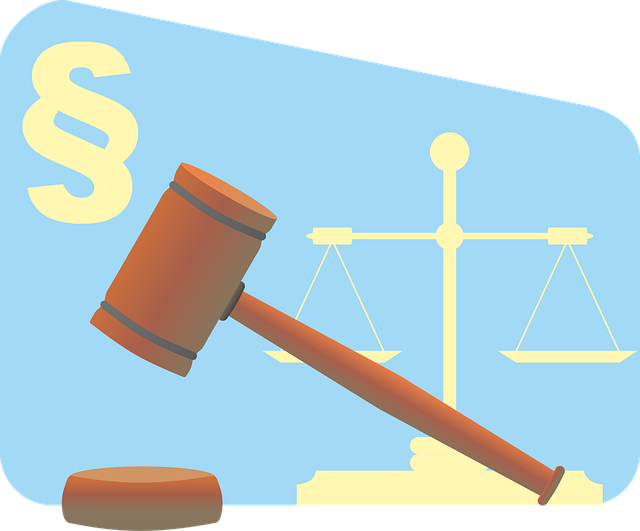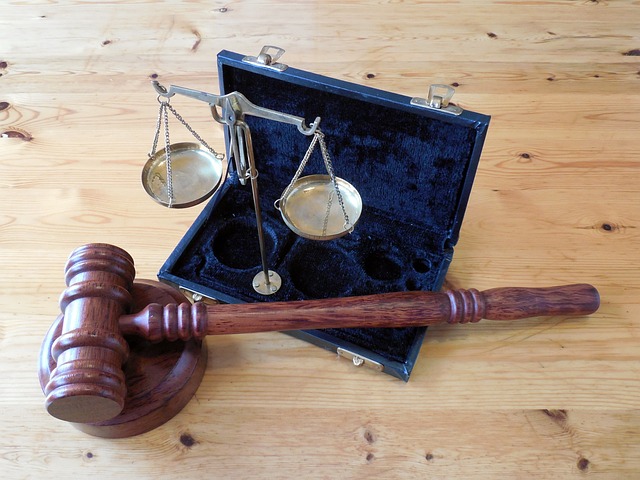Criminal law cases protect society through punishment of unlawful acts, with processes including investigation, arrest, hearings, and trials. Administrative Law significantly impacts businesses by establishing structured legal frameworks for investigations and enforcement, maintaining order, and protecting against arbitrary decisions. Businesses must adhere to stringent regulatory frameworks, facing severe consequences for non-compliance. Skilled white-collar defense attorneys are crucial for navigating complex scenarios where regulatory infractions lead to criminal charges, ensuring fair treatment under the law.
“Unraveling the intricate relationship between criminal law cases and administrative law, this comprehensive guide offers a unique perspective on legal proceedings. We explore how administrative regulations can significantly influence business operations and compliance, especially when faced with criminal charges.
From understanding the basic framework of criminal law to examining real-world case studies, we provide insights into navigating these complex legal landscapes. Discover the role of admin law in shaping outcomes and its profound impact on businesses, ensuring essential compliance and risk mitigation.”
- Understanding Criminal Law Cases: A Basic Framework
- The Role of Administrative Law in Legal Proceedings
- Impact on Business Operations and Compliance
- Case Studies: When Admin Law Meets Criminal Charges
Understanding Criminal Law Cases: A Basic Framework

Criminal law cases are a fundamental aspect of any legal system, focusing on crimes and their consequences. At its core, criminal law seeks to protect society by defining and punishing illegal acts. These cases involve a wide range of offenses, from minor misdemeanors to severe felonies, each carrying distinct penalties. Understanding the framework of criminal law is crucial for both legal professionals and individuals to comprehend their rights and responsibilities.
The process begins with an investigation, where law enforcement gathers evidence to establish probable cause. This is followed by an arrest or citation, depending on the severity of the alleged crime. Accused individuals then face a series of legal proceedings, including preliminary hearings, grand juries, and ultimately, trial by judge or jury. The outcome can range from acquittal to conviction, with potential sentences such as fines, probation, or imprisonment. An unprecedented track record of achieving extraordinary results in criminal defense cases underscores the importance of skilled legal representation in navigating this complex landscape, especially when avoiding indictment is a key goal for those accused.
The Role of Administrative Law in Legal Proceedings

The impact of Administrative Law on businesses is significant, especially within Criminal Law cases. It plays a pivotal role in shaping legal proceedings by governing various aspects of an investigation and enforcement process. From the initial stages of inquiry to the final judgment, administrative laws provide a framework that ensures fairness and due process. These regulations are instrumental in maintaining order and accountability while offering guidelines for authorities to follow, thus protecting businesses from arbitrary decisions.
Understanding how Administrative Law intersects with Criminal Law is crucial when considering the potential consequences for organizations. It influences every step, including evidence collection, hearings, and appeals. By adhering to these legal principles, businesses can navigate complex investigations, aiming for positive outcomes, even in challenging situations that may lead to jury trials. This strategic approach enables entities to achieve extraordinary results while upholding their rights throughout the entire process.
Impact on Business Operations and Compliance

The Impact of Administrative Law on Business Operations is profound, especially when navigating complex criminal law cases. In every stage of the investigative and enforcement process, businesses must adhere to stringent regulatory frameworks. Non-compliance can lead to severe consequences, including legal repercussions and damage to reputation. Administrative law plays a pivotal role in ensuring fair practices, as it dictates how agencies interact with businesses, from licensing and permitting to investigations and penalties.
For their clients’ sake, businesses must actively manage compliance. Achieving extraordinary results often hinges on understanding and navigating these legal landscapes. Efficient internal processes, robust legal counsel, and proactive risk management are key strategies. By staying abreast of changes in administrative law, companies can mitigate risks, streamline operations, and foster a culture of ethical conduct that resonates throughout all levels of the organization.
Case Studies: When Admin Law Meets Criminal Charges

In many complex legal scenarios, the intersection of Administrative Law and Criminal Charges presents unique challenges. Case studies illustrate situations where regulatory infractions lead to criminal prosecution, blurring the lines between civil and criminal jurisdiction. These instances highlight the profound impact of administrative law on businesses, often with far-reaching consequences. For instance, an enterprise’s failure to comply with environmental regulations might result in both administrative penalties and criminal charges for individuals responsible.
Such cases demand a nuanced understanding of the legal framework, requiring skilled attorneys specializing in white-collar defense. The unprecedented track record of successful outcomes in these matters attests to the critical role legal professionals play in navigating these complex landscapes. Achieving extraordinary results often involves strategic negotiations, robust defenses, and a deep knowledge of both administrative law procedures and criminal justice systems, ultimately ensuring businesses and individuals receive fair treatment under the law.
In conclusion, while criminal law cases primarily focus on individual accountability, the intersection with administrative law significantly shapes business operations and compliance. The Impact of Administrative Law on Businesses is profound, influencing everything from regulatory compliance to potential criminal charges. Understanding this complex interplay, as explored in this article, is crucial for both legal professionals and business leaders navigating today’s dynamic regulatory landscape. Through case studies and a framework for understanding these cases, we hope to equip readers with valuable insights into the intricate relationship between administrative and criminal law.






